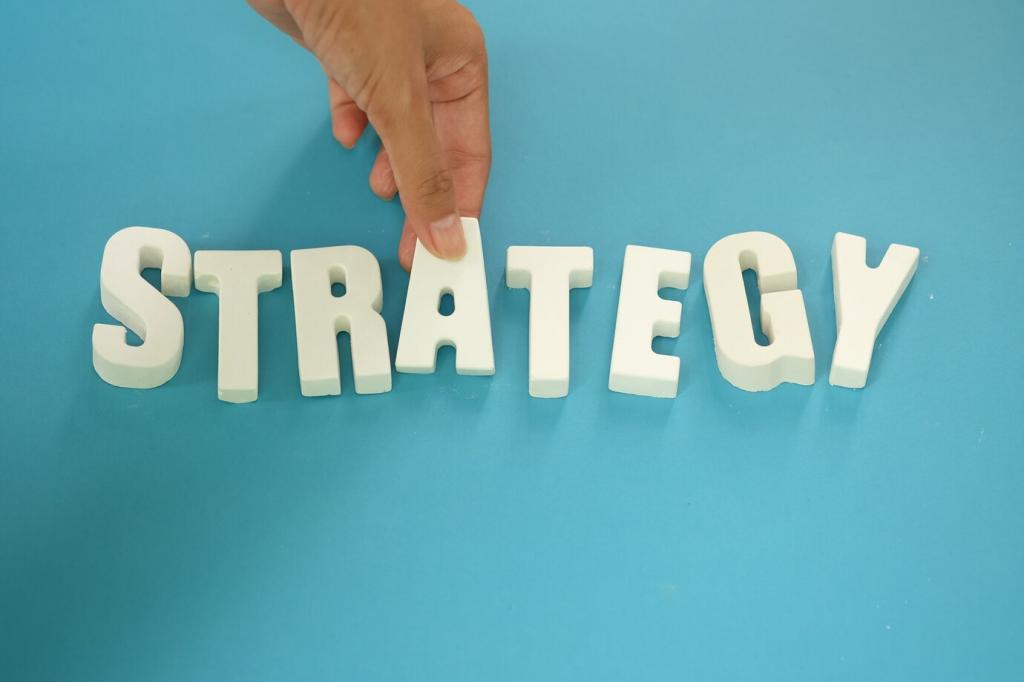Chosen theme: Memory Retention Tools for Professional Success. Step into a practical, inspiring space to sharpen recall, accelerate learning, and turn knowledge into measurable results across meetings, projects, and milestones. Subscribe and join professionals building reliable, long-term memory systems together.
The Core Principles Behind Memory Retention at Work
Build micro-reviews around your calendar, not despite it. Pin five-minute flash sessions after daily standup and before Friday wrap-up. Short intervals, repeated over weeks, keep ideas fresh without fatigue. Comment with the time slot that actually sticks for you.

Digital Toolset: Apps and Systems That Stick
Select tools by workflow, not hype. Engineers may prefer Obsidian’s links and Anki’s cloze cards; managers might lean on Notion dashboards with review dates. Prioritize fast capture, reliable sync, and effortless review. What role-based combo has served you best?


Brain Science You Can Use Today
Combat natural decay with deliberate intervals: review at one day, three days, one week, and two weeks. Keep sessions short and focused on recall, not rereading. Track a single idea across these checkpoints and report the retention gains you feel.
Brain Science You Can Use Today
Encoding specificity means recall improves when cues match the original context. Add location tags, project names, and screenshots. Rehearse where you will present. Share one contextual cue—image, room, or soundtrack—that reliably brings a complex concept back instantly.



Design Habits That Protect What You Learn
Attach reviews to anchored moments: morning coffee, post-lunch lull, or commute. Keep the venue consistent and the rules simple. Consistency beats intensity. Share the anchor that fits your day and how you keep it honest when schedules explode.


Design Habits That Protect What You Learn
Design a satisfying loop. Cue: calendar ping. Routine: three recall prompts. Reward: checkmark streak or quick walk. Make progress visible. If you gamify retention thoughtfully, you will return tomorrow. What reward actually motivates you to keep reviewing?

Real-World Stories and Quick Wins
She paired each risk with a one-line story, then scheduled spaced prompts before steering meetings. Retrieval practice made mitigation steps automatic. What micro-story would you attach to your highest-impact risk this quarter to keep it unforgettable and actionable?
